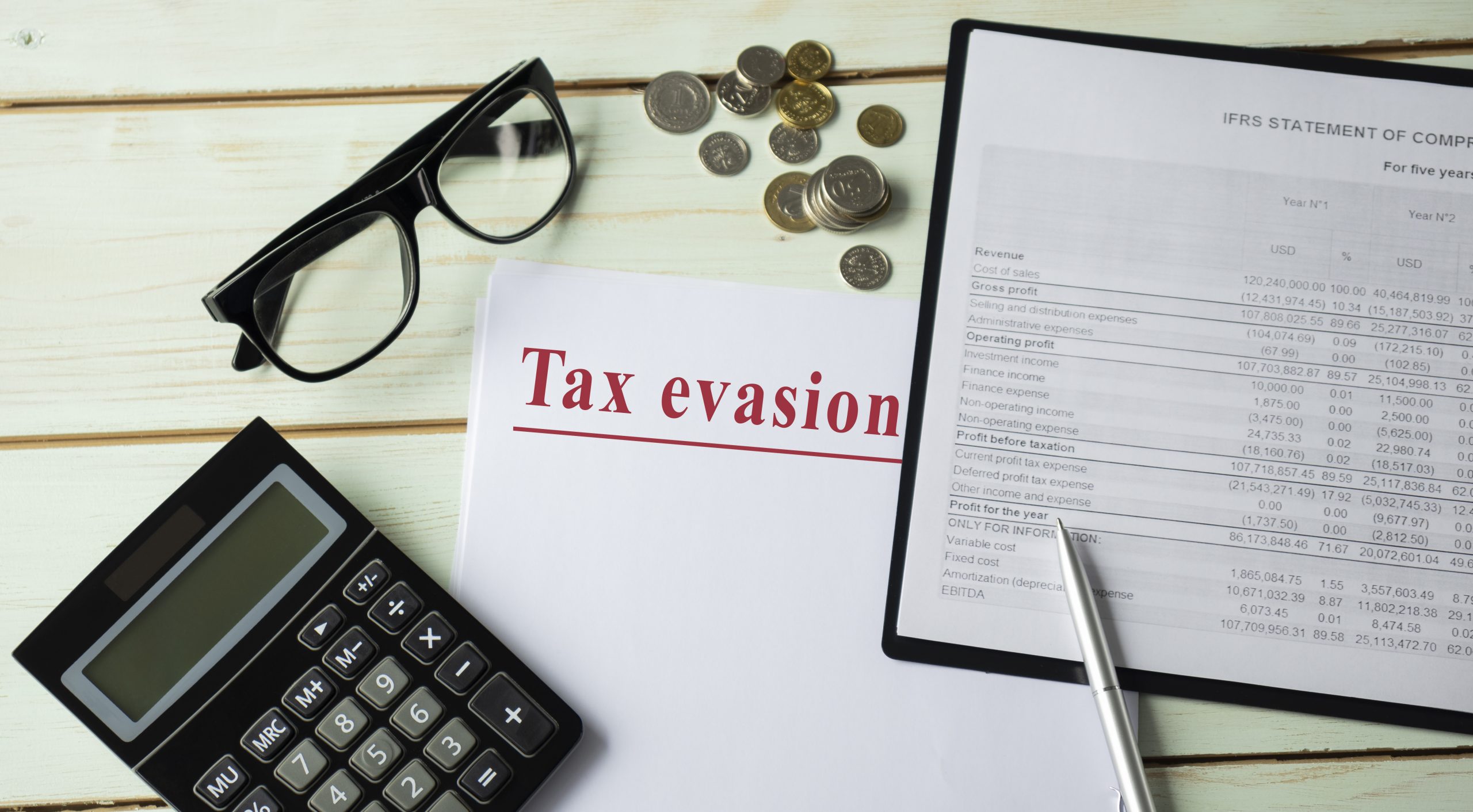Pulitzer Prize-winning author, Herman Wouk, once jokingly said that “income tax returns are the most imaginative fiction being written today”. But tax evasion is no joking matter. Tax evasion in the U.S. can bear serious consequences and is broadly defined as an illegal act performed in an effort to avoid paying taxes.
It should not be confused with legal tax avoidance, which reduces tax liability through deductions and other legal means. Tax evasion is the deliberate act of knowingly violating a tax law to reduce tax liability, and is, therefore, a felony offense. People convicted of tax evasion can face prison up to five years and fines up to $250,000 as well as prosecution fees and payment of restitution. An age-old offense, we’ve rounded up a few of the most high-profile tax evasion cases over the years that you should be aware of.
No blog on tax evasion would be complete without mention of the infamous Prohibition era
gangster Al Capone. According to a Forbes biographical piece, during his peak time as a Chicago mob leader, Capones’ income was estimated to be anywhere from $60 to $100 million a year. Although Capone is known for the violence which came as a consequence of his business, there was never enough evidence to implicate him. But in 1927 a U.S. Supreme Court ruling in U.S. Vs. Sullivan gave authorities what they needed to put Capone behind bars. The Supreme Court ruled that “gains from illicit liquor trafficking must be taxable as if they were made legally”. A few years later Capone was indicted on 22 counts of federal income tax evasion. He was fined $50,000 and sentenced to 11 years in prison.
A few years ago, before billionaires like Elon Musk and Richard Branson were blazing the trail with private-sector space companies like SpaceX and Virgin Galactic, a man named Walter Anderson had a similar dream. Mr. Anderson started as a salesman for a telecommunications company and worked his way up to eventually establish his own telecommunication company called Mid Atlantic. After a series of good investments, by the 1990s Anderson had amassed enough wealth to invest in space ventures like MirCorp, which looked to send tourists into orbit at the Mir Space Station. However, Mr. Anderson was able to afford such lofty endeavors partly because he wasn’t paying his income taxes. In 2006, Mr. Anderson pleaded guilty to avoid the payment of $200 million of income tax through the use of offshore tax havens, aliases, shell companies, and secret accounts. Mr. Anderson was sentenced to nine years in prison, and after years of disputing his restitution in tax court, by 2011 the court determined he would owe $247 million in restitution. Eventually, he was released from prison in 2012.
Finally Leona Helmsley, the heiress and real estate mogul nicknamed the “Queen of Mean”, was infamous for saying “only the little people pay taxes”. Despite Helmsley’s reputation for being immensely wealthy, she and her husband often disputed payments to contractors. During a lawsuit with the contractors who renovated Hemsley’s vacation mansion, information that the Helmsley’s were falsely billing the renovations on their vacation home as a business expense was brought to the attention of the IRS. In 1989, Mrs. Helmsley was sentenced to a four-year prison sentence, fines of $7.1 million including her prosecution fees, and 750 hours of community service. Mrs. Helmsley later retained the legendary celebrity lawyer and Harvard Law Professor, Alan Dershowitz, to appeal the decision but was unsuccessful.
Nobody likes paying taxes, but taxes are a necessary burden on the individual for our society to function properly. The difference between a legitimate business expense and one that isn’t is not always crystal clear. While it makes sense to try to reduce tax liability, especially for business owners, it’s important to consult with a tax professional so you don’t risk breaking the law. At the end of the day, the IRS does not limit its enforcement power to just billionaire CEOs, Mobsters, and Heiresses. If you’re concerned about a tax evasion investigation, give our team a call to set up a consultation.





